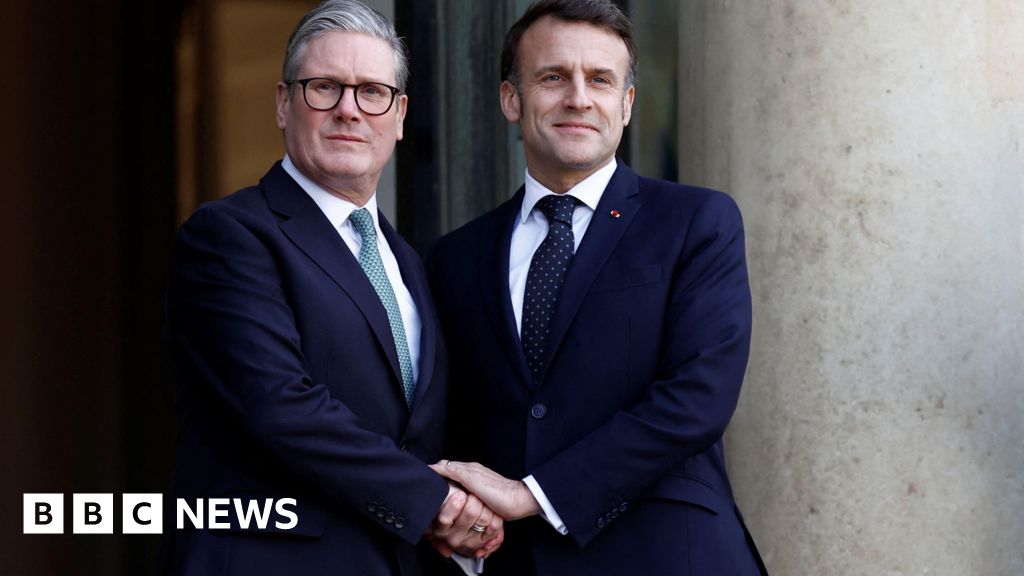
UK Prime Minister Calls for Enhanced European Defense Amid Russia-Ukraine Conflict
UK Prime Minister Sir Keir Starmer has emphasized the urgent need for Europe to strengthen its defense capabilities in response to the significant security challenges posed by Russia’s invasion of Ukraine. His comments underline the upcoming summit of European leaders, where issues regarding U.S.-Russia negotiations aimed at resolving the ongoing war were slated to be discussed—negotiations that may exclude European involvement.
Sir Keir expressed his readiness to deploy UK troops to Ukraine as part of a peacekeeping initiative, aimed at securing the nation’s safety in any potential peace agreement. These statements were part of his written remarks published in the Telegraph, highlighting his commitment to collaborate with other European nations in a joint defense effort at the Ukraine-Russia border.
Upon arriving in Paris for the summit, Sir Keir stated, “It is crucial for Europe to elevate its collective response and enhance our capabilities.” He insisted that it is vital for European countries, including the UK, to uphold Ukraine’s sovereignty through active participation in defense strategies following a peace agreement.
The Prime Minister’s vision includes potential deployment of UK soldiers alongside their European counterparts to ensure stability in the region. However, former British Army Chief Lord Dannatt cautioned that such measures could be costly and would necessitate an increase in military funding.
Currently, the UK allocates approximately 2.3% of its economic output to defense—less than the government’s commitment of 2.5%, the timeline for which remains unclear. Sir Keir assured reporters that a strategy for achieving this funding goal would be established post the strategic defense review.
He conveyed to European allies the necessity for all nations to enhance both their military capabilities and financial contributions, stating, “The UK is committed to increasing its defense spending.”
Sir Keir is participating in discussions with leaders from France, Germany, Italy, Poland, Spain, the Netherlands, and Denmark, alongside key figures from the European Council, European Commission, and NATO Secretary General Mark Rutte. The summit followed concerns raised over comments from Trump administration officials regarding the exclusion of European nations from crucial peace talks concerning Russia.
Ukrainian President Volodymyr Zelensky has expressed that Kyiv was unaware of these discussions, emphasizing that any agreements made without Ukrainian involvement would not be recognized. European leaders are similarly apprehensive after U.S. Defense Secretary Pete Hegseth suggested that the prospect of Ukraine returning to its pre-2014 borders is "unrealistic," referencing the loss of territories following Russia’s annexation of Crimea and subsequent military actions.
A spokesperson from Downing Street indicated that during the summit, Sir Keir will advocate for a more substantial European role within NATO as the U.S. policy shifts toward a less interventionist stance. The Prime Minister is expected to stress the importance of further supporting Ukraine militarily and the necessity of being prepared to send British troops if required.
While Polish Prime Minister Donald Tusk has ruled out sending troops to Ukraine, he reaffirmed Poland’s commitment to supporting Ukraine through military, financial, and humanitarian assistance. Meanwhile, fighting in Ukraine remains intense, with reports indicating civilian casualties from Russian airstrikes and ongoing energy infrastructure attacks leading to emergency blackouts in several regions.
As the situation continues to evolve, European leaders remain focused on reinforcing their commitment to Ukraine and fortifying their collective security measures in the face of ongoing threats.









